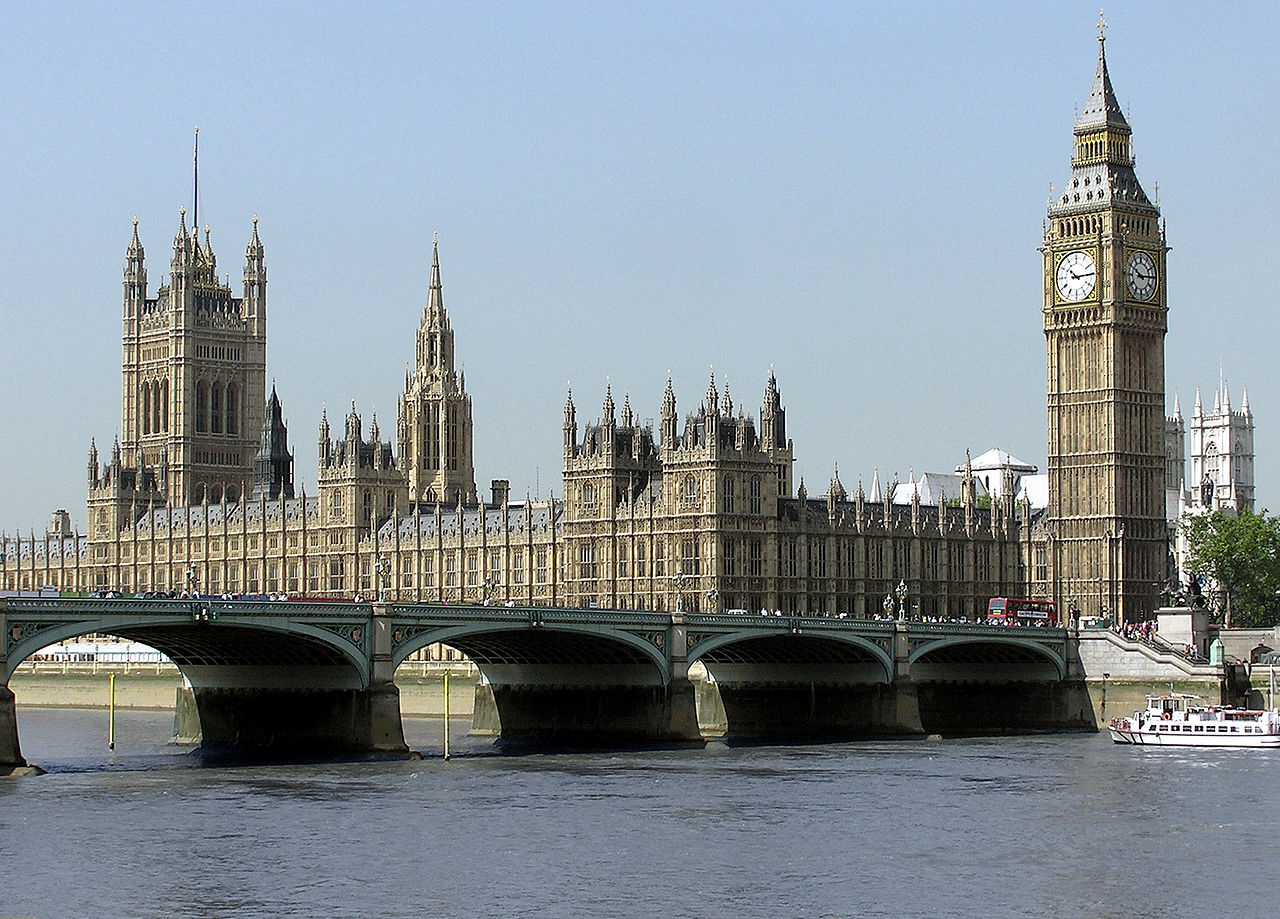In response to Britain's ongoing sexual grooming scandal, a group of 20 MPs signed an open letter to recently appointed Home Secretary, Sajid Javid, urging coordinated action.
As the UK Parliament has 650 MPs, the 20 signatories constitute a mere 3% willing to support the protection of children subjected to gang-rape, trafficking and torture, and at times murder. Such a paltry number of politicians willing to speak out against child sexual slavery seems yet more evidence of the moral bankruptcy of Britain's political elite and how low the country appears to have sunk.
Britain's media elite have ignored the letter. Reporting has been limited to the local press in Oxford and Rochdale -- areas afflicted by grooming -- as well as a few alternative media outlets such as Breitbart London, and indirect reference on Sky News.
 Of the British Parliament's 650 MPs, a mere 20 were willing to sign an open letter to support the protection of children subjected to gang-rape, trafficking and torture, and at times murder. Pictured: The Palace of Westminster in London, meeting place of the Houses of Parliament. (Arpingstone/Wikimedia Commons) |
A key signatory of the letter, Rotherham MP Sarah Champion, whose constituency was made infamous by grooming, was forced from Jeremy Corbyn's Labour Party front bench in 2017 for speaking openly about the prevalence of "British Pakistani men" in this type of child sexual exploitation. Given that Sajid Javid, then Communities Secretary, spoke in support of Champion, it is perhaps intentional that this letter was addressed to him in his new role as Britain's first Muslim Home Secretary.
Javid's Muslim faith and Pakistani heritage place him in an untouchable position regarding accusations of racism or bigotry, should he continue to address the uncomfortable ethnic and cultural realities of grooming. Prior to becoming Home Secretary he touched on these and could now continue to say what needs to be said and act effectively -- in ways many other politicians could not -- without being pilloried by the UK's largely left-leaning media.
In his new position, there are two principal opportunities Javid could grasp.
First, there is the opportunity for British authorities at least to begin making amends for decades of failing defenceless children. Irreparable harm has been done to countless lives -- and continues to be done. There is also the inestimable harm done to public trust in the police, the media, social services and the government.
In terms of the UK's social fabric, the grooming scandal has been for many the rock on which the ill-conceived multiculturalism of modern Britain shattered. Now, intensified by the current fevered atmosphere in the UK, the approach the British authorities have taken in response to this national disaster appears largely based on countering secondary issues -- most notably, individuals that protest the grooming, including at one point the arrest of parents attempting to rescue their daughter from her abusers.
There also seems to be a tacit alliance with much of the media to silence public discourse and, when all else fails, outright suppression.
This strategy, if it can be called that, doubtless not only makes a bad situation worse; it also bodes ill, as the sleeping giant of Britain's white working class begins to wake up.
The second opportunity Javid could grasp is uprooting what is beginning to look alarmingly like a nationwide organised-crime network. The euphemistic term "grooming gang" has been rejected by many for the earthier term "rape gang"; yet "gang" gives the impression of sporadic and isolated activity, mainly perpetrated by lawless youths. The reality of this nationwide sexual exploitation is that it is evolving towards being a mafia-like "terrorist network". Children are transported (page 7/79) around the country to be abused in pre-arranged locations, and this trade interfaces with illicit drug dealing and other criminal activity. "Grooming" would be better termed the "child sexual-slave trade".
In allowing this criminality to fester for decades, the British authorities have effectively become criminal themselves as accessories after the fact. They could also be accused of breaking not only domestic law but international treaties regarding child protection, such as the Convention on the Rights of the Child and Optional Protocol on the Sale of Children, Child Prostitution and Child Pornography.
As the abuse is largely perpetrated by "(South) Asian" criminals, UK authorities now find themselves in a bind. To act with concerted government and police action may increase existing community tensions. Alternatively, by not acting, faith in the country's institutions and laws -- and minority communities themselves -- will continue to deteriorate among large sections of the public. As that may not happen immediately on the watch of the current crop of feckless UK politicians, there is most likely the inclination among them to kick this human tragedy down the road.
Let us hope, though, that Sajid Javid remains true to his 2017 support for Sarah Champion and at least tries to put an end to these criminal networks that have long since operated on "an industrial scale".
Thus far, the response to this national disgrace has been painfully slow and low-profile. There have been a few prosecutions of major perpetrators, but many may never be brought to justice. Thousands of the victims have been denied compensation or health and social assistance; and there have been no prosecutions of culpable officials. Police misconduct proceedings have as yet yielded no results -- despite the accusation, reported as far back as 2015, of an officer having sex with abuse victims. The only "punishments" delivered have been the retraining of a single Crown Prosecution lawyer and the stepping-down of some Rotherham city councillors. All this is woefully inadequate for the alleged facilitation of mass child-rape -- a credible public inquiry is needed.
Andrew Jones, a journalist, is currently based in Europe.


